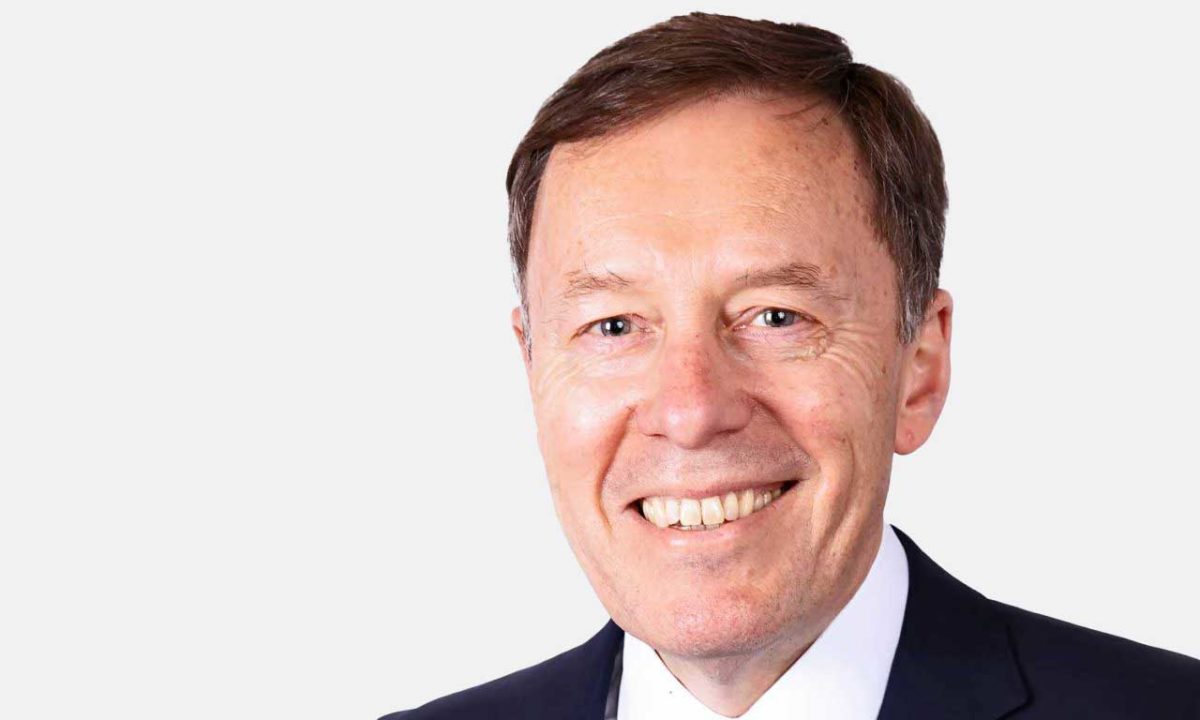Crises prompt talk of capitalism reimagined
CFAs are a good barometer for the investment industry. Put 550 of them together in the current climate and the mood is downbeat. This decade could be the most crucial in human history.
The annual CFA Societies Australia investment conference, which attracted about 550 attendees and speakers from several countries, was “all about disruption”, according to the international organisation’s chair, Australia’s Mark Lazberger.
He said at the final session: “There have been many conferences over the past 10-or-so years about disruption and the changes which come from it. But now there’s a different tone to the discussion.”
He thought he could best sum up the tone and emphasis of the CFA conference, held last week (October 13-14), with three numbers: 80, for an 80 per cent target of the adult population of various countries to be fully vaccinated; 2050, for the year most countries aim to be carbon neutral; and zero, for net zero being the target level of carbon emissions by then.
Guy Debelle, the deputy governor of the RBA, who has spoken at each CFA conference in Australia since 2011, described the climate change risk for the financial system as a “first-order risk”, not just any “garden-variety risk”, Lazberger said. Asset owners and investment managers needed to be thinking on that, on the downside and also the opportunities.
The pandemic had drawn attention to, and in some cases exacerbated, the two biggest threats in the world – saving the planet and inequality – according to Audette Excel, the founder of Adara Group, a 25-year-old corporate advisory and investment group which was formed as a way to fund improving the plight of the world’s poor. “The writing is on the wall,” she said.

Excel and Andrew Hagger, a former senior executive at NAB, who is now the CEO of Australia’s largest family office – that of Andrew and Nicola Forrest’s foundations – spoke at the session devoted to the topic of reimagining capitalism. But every session and announcement at the conference touched on this as the only way out of the mess.
For instance, Margaret Franklin, the CFA Institute’s president and chief executive, said when opening the conference from Charlottesville, Virginia, that today’s savvy investor demanded ESG analysis and ESG analysis equated with fundamental analysis.
“The CFA Institute stands at the forefront,” she said. “Our new certificate in ESG investing is the first of its kind and will deliver benchmark knowledge and skills.”
She said the Institute would release its voluntary standards on ESG disclosures in November. The Institute supports 159 local CFA societies around the world. As a group, the societies have administered more than one million exams for its main CFA Program globally in the past three years. The institute’s global membership totalled about 180,000 in 2020. China has been the fastest growing region for CFA Program exams administered in the past two years.
While many aspects of a reimagined capitalist system are not new, such as more emphasis on long-term investing and the inclusion of a wider range of stakeholders in corporate and investor decisions, the intensity and urgency of the discussions had been heighted by the two global crises, as Lazberger indicated.

Sarah Keohane Williamson, the chief executive of Boston-based FCLTGlobal, a not-for-profit organisation providing research and tools for long-term value creation for investors and communities, said the best companies maximised long-term value in a multi-stakeholder context.
“Having a multi-stakeholder mindset is an additive to shareholder value because of its long-term nature,” she said. Shareholders represented one group of stakeholders, although they were at the pinnacle of the pyramid, like Maslow’s Hierarchy of Needs. “Investor sentiment and short-term investors are just noise. They’re not in the pyramid at all,” she said.
Andrew Hagger, the chief executive of the (Twiggy) Forrest family’s Tattarang and Minderoo foundations, which combined manage assets of about $22 billion, said that businesses had left behind in the last century the notion that they had only one stakeholder, the shareholder.
“We need to think about business as a contributing part of society,” he said. “Business and the economy are not separate from society. I think we will see capitalism tilting towards becoming very much a force for good.”
Unlike previous generations, this generation would struggle to be able to say that it would leave the world a better place. “So, the 2020s are a chance for us to change that and pivot to reverse the trend,” he said.
Con Michalakis, the longtime CIO of Statewide Super, shared Lazberger’s panel session with Heather Brilliant, a former CFS Global Asset Management executive in the US, and former Institute chair, who recently became chief executive of Diamond Hill Capital Management, in Columbus Ohio.
Michalakis said 2050 was coming and his fund had been planning its roadmap and milestones already. The work was now getting granular. “Everything we do is becoming embedded and mainstream,” he said.
He seemed, however, somewhat more relaxed about the disruptions happening in the business world and society than other speakers.
“I’m of Greek heritage,” Michalakis said. “Prometheus set fire to all the humans. That was a pretty big disruption… There’s always been disruptions.”











